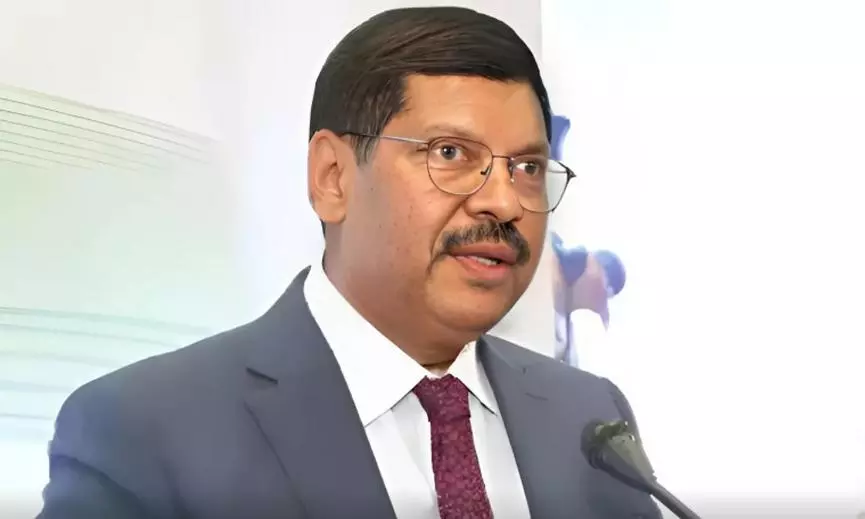
The Constitution of India is clear about separation of powers among the various arms of the government, and the republic survived till now by adhering to it. Independence of the judiciary is a cardinal principle of our democracy, which can be ensured only by the mindful interventions of all three branches.
The announcements made by Chief Justice of India B.R. Gavai and his immediate predecessor Sanjiv Khanna that they are not open to accepting post-retirement jobs from the government become significant in the backdrop of unsettling signals that a section of retired judges have given in the past. Accepting a position in the legislature or a gubernatorial post by judges immediately upon their retirement has become almost de rigueur for members of the highest court of the land. These are indeed positions only people with vast legal knowledge and impeccable integrity can fill which the judges of the Supreme Court are carefully selected to occupy.
However, those who have attained such positions of power and privilege have not done their past institutions proud. A break was called for, and the top judges have given India just that.
There has been a concerted effort of late to cast the judiciary in poor light in the wake of a couple of judgments in which the Supreme Court placed the actions of the executive and the judiciary against the Constitution and found them untenable. Upholding the law- making powers of state legislatures and questioning the logic of a law that prima facie undermines some of the fundamental rights have not gone down well with the right wing and the assault on the judiciary had been led by none other than the vice-president of India.
Fearless judges who uphold the Constitution and its principles should not be intimidated by such pressure tactics. Independence of the judiciary matters not just to the judges, but the nation as a whole.
Only judges who bear those values are welcome to serve the country while in service and out of it.



